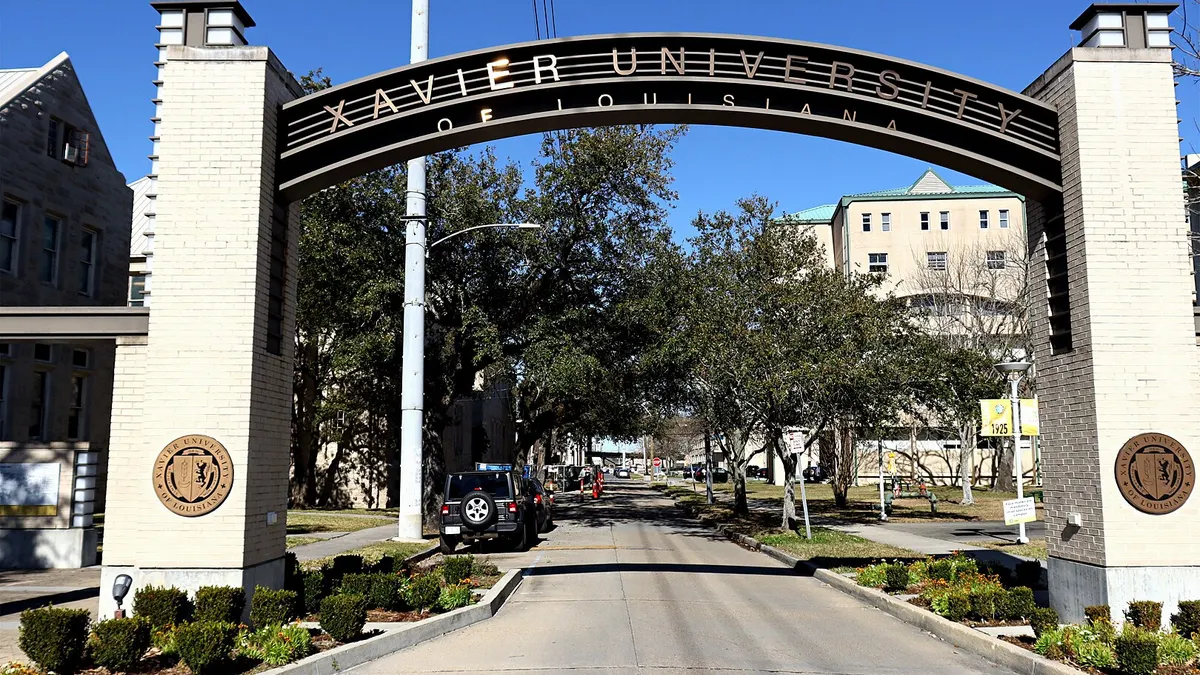Dive Brief:
- Queen City College, a roughly 40-year-old for-profit barber and cosmetology school in Tennessee, announced last week that it will close in early 2025, saying it cannot meet the requirements of impending government regulations.
- In an email, Brandie Gross, chief administrator and institutional director at the college, cited upcoming changes to the 90/10 rule as the reason for closing. These rules, which take effect in July, further limit how much revenue for-profit colleges can derive from federal financial aid.
- “Upcoming governmental regulations have forced us to make this gut-wrenching decision,” the college said in an announcement via Facebook. “These new required ‘metrics’ are impossible benchmarks that we painstakingly will never be able to meet.”
Dive Insight:
Last year, the U.S. Department of Education made changes to the 90/10 rule, which requires for-profit colleges to derive at least 10% of their revenue from sources other than federal financial aid.
For-profits have been allowed to count military education funds, such as those from the GI Bill, as part of the 10% share — a policy that some observers say has led them to aggressively recruit veterans. The new regulations taking effect this summer will instead count military education funds in the 90% share, a move that some have heralded as closing a long-standing loophole.
Queen City College logged around $929,000 in revenue in fiscal year 2021, according to government data. About 59% of it came from Title IV federal financial aid, which includes student loans and Pell Grants.
Along with no longer being able to count education benefits from Veterans Affairs in its 10% share, the college will not be able to include revenue from its programs that don’t qualify for federal financial aid, Gross said.
“It will be impossible for us to make the 10% of our income only by counting clinic floor sales, as we only charge $9.00 for a haircut,” Gross said.
Correction: A previous version of this story incorrectly listed Queen City College's revenue in fiscal year 2021. The story has been updated.










